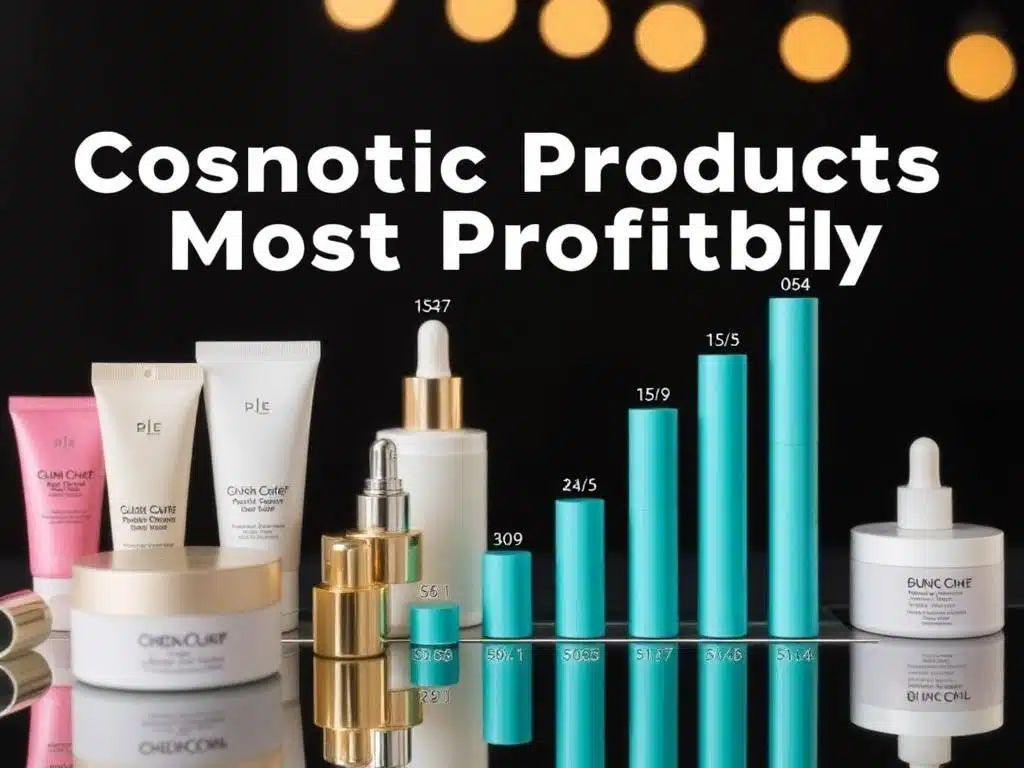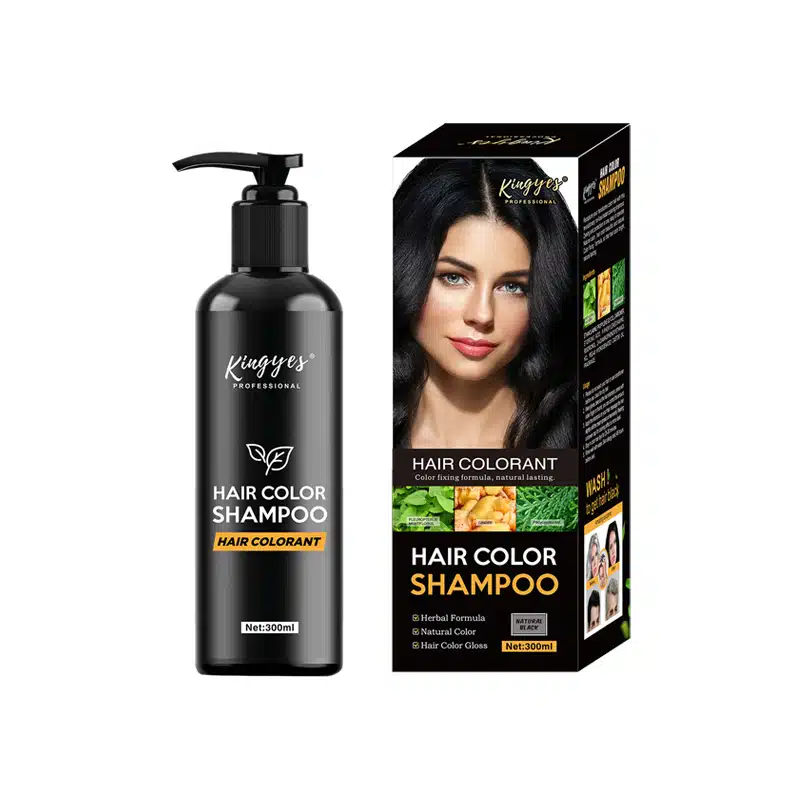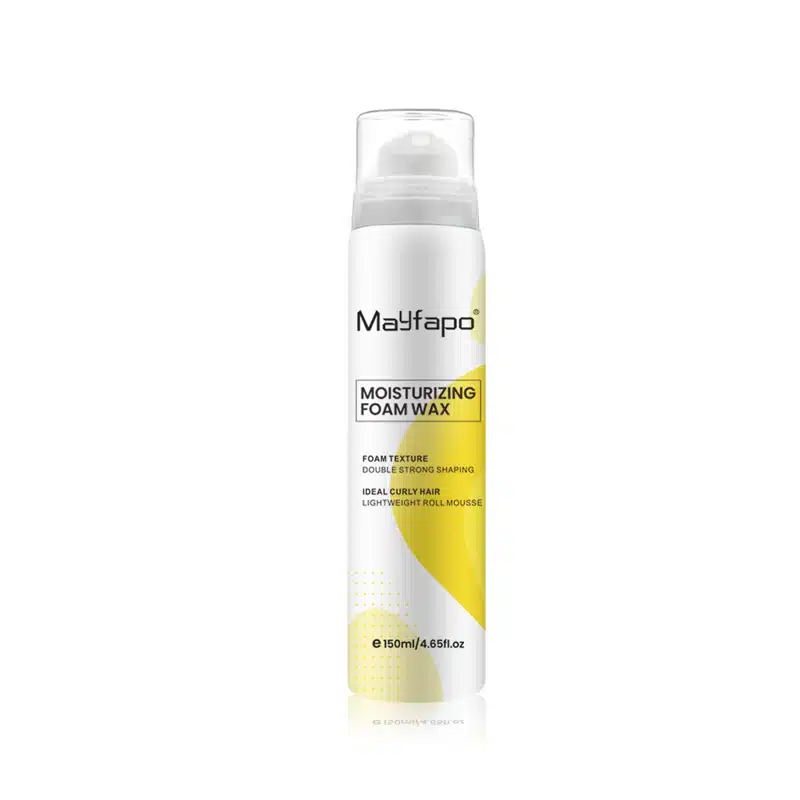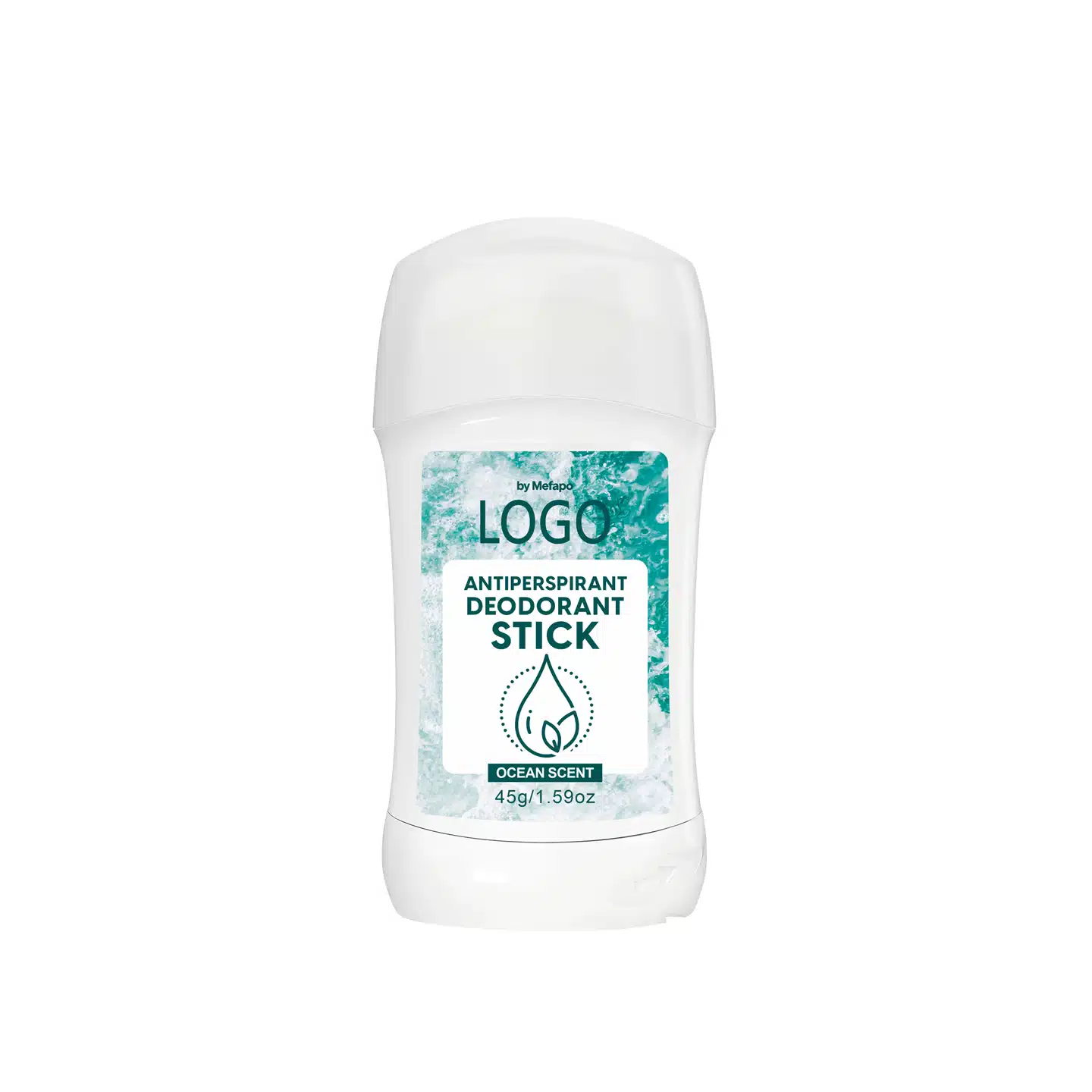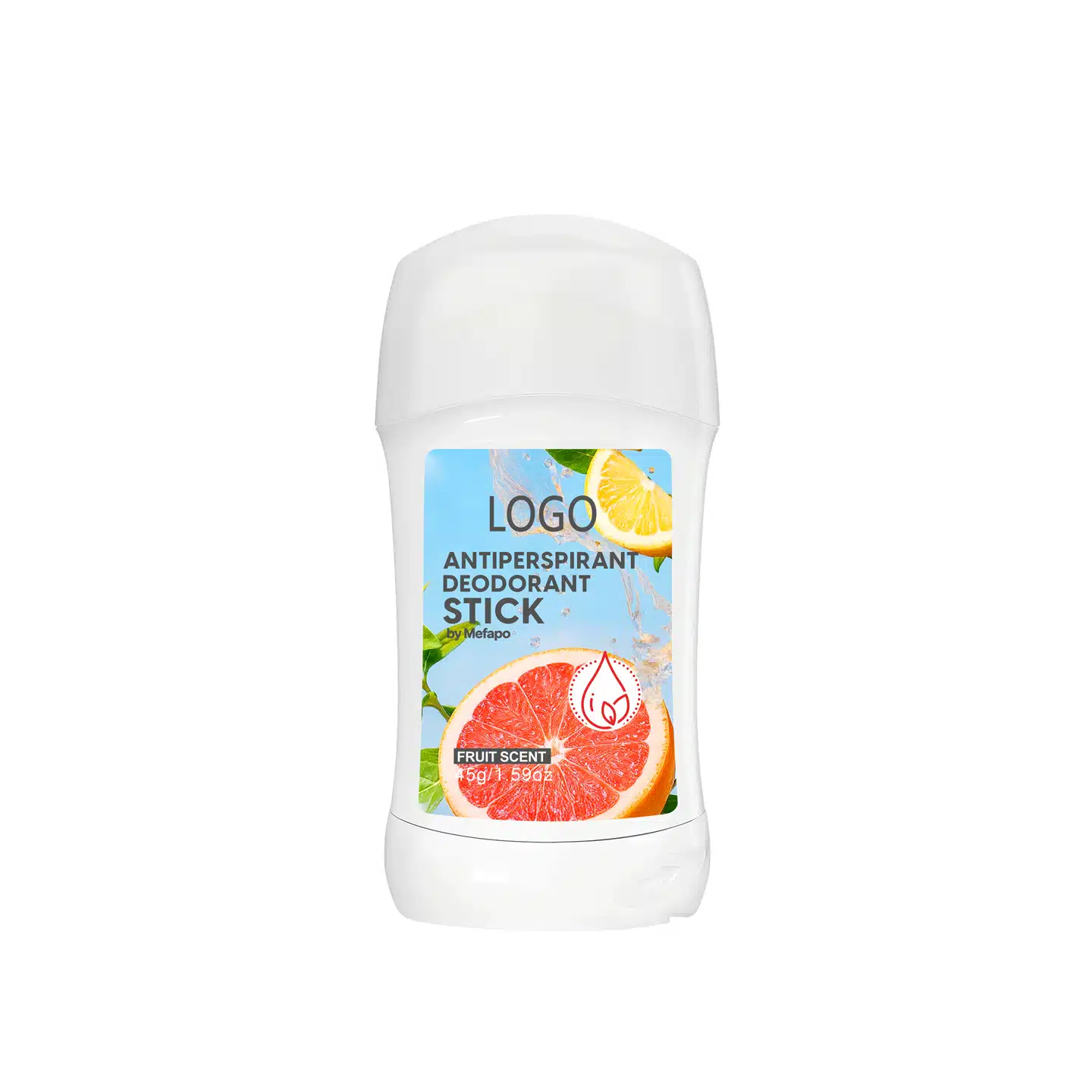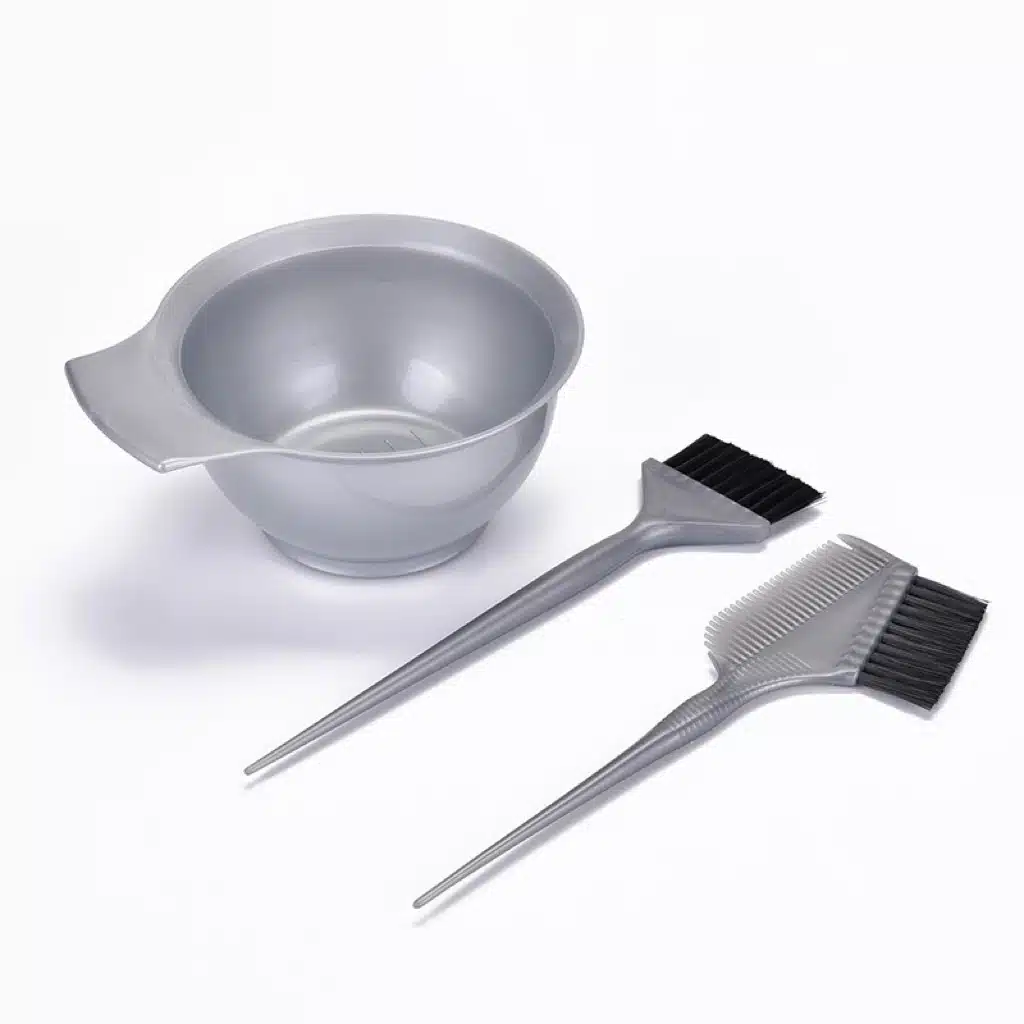
Which Cosmetic Products Are Most Profitable?
Table of Contents
Unlocking Profitability: Discover the Most Profitable Cosmetic Products to Sell Online in 2024

The beauty industry is booming, and the online market for cosmetic products is exploding. But with so many beauty products available, how do you identify the most profitable cosmetic products to sell online in 2024? This comprehensive guide will help you navigate the exciting world of online beauty and discover the most profitable cosmetic treasures to grow your business online. This article is a must-read for aspiring entrepreneurs, established online sellers, and anyone looking to capitalize on the ever-growing demand for beauty products online. You will learn how to choose products with the best chance of success, and how to effectively market and sell online.
What Makes a Cosmetic Product Profitable to Sell Online?
Several factors contribute to the profitability of a cosmetic product in the online market. Online sellers need to consider these factors. First and foremost, high demand is crucial. Products that address a current need or desire within the beauty market are more likely to sell well. Skincare products that target specific concerns like anti-aging or acne, or makeup products that align with the latest trends, often see higher demand. It is important to look at industry trends to see which products are trending.
Secondly, profit margins play a significant role. Products with a lower manufacturing or wholesale cost relative to their retail price offer greater potential for profit. This is where sourcing and negotiating with suppliers become essential. Online marketplaces like Amazon have many products with high profit margins. Finally, brand recognition and positive customer reviews can significantly impact online sales. Beauty products from established big brands or those with a strong online presence and positive customer feedback tend to perform better. It is a good idea to look for products that have good reviews. By carefully considering these factors, you can increase your chances of success when choosing cosmetic products for your business. It takes time to find the most profitable products.
What are the Top Trending Cosmetic Products in 2024?
The beauty industry is constantly evolving, with new trends emerging every year. Staying ahead of the curve and identifying in-demand products is essential for online sellers. As of 2024, some of the top trending cosmetic products include:
- Sustainable and Eco-Friendly Products: Consumers are increasingly conscious of the environmental impact of their purchases, leading to a surge in demand for sustainable products. This includes products made from products made from sustainable or natural ingredients, eco-friendly products with recyclable or biodegradable packaging, and brands committed to ethical sourcing and production practices. Products with natural ingredients are very popular. Many cosmetic products are now made with sustainable materials.
- Clean Beauty Products: The “clean beauty” movement continues to gain momentum, with consumers seeking products formulated without potentially harmful ingredients like parabens, sulfates, phthalates, and synthetic fragrances. Clean beauty is very popular.
- Hybrid Skincare-Makeup Products: Products that combine the benefits of skincare and makeup are gaining popularity. These products might include items like tinted moisturizers with SPF, foundations infused with hyaluronic acid, and primers with skincare benefits. These products are designed to improve skin health at the same time as improving its appearance.
- Personalized and Customizable Products: Consumers are increasingly drawn to products tailored to their individual needs and preferences. This includes customizable skincare regimens, personalized makeup palettes, and fragrance blending kits. The ability to choose products that are designed specifically for each individual is becoming very popular.
- Waterless Beauty Products: Due to the increase in the importance of the movement towards sustainability, waterless cosmetic products are increasing in popularity. They are formulated without water, and instead made with oils and butters.
These are just a few examples, and new trends are constantly emerging. It’s crucial for online sellers to stay updated on the latest developments in the beauty industry to identify profitable product to sell online opportunities.
Why is Skincare Still King in the Profitable Cosmetic Market?
Skincare has consistently been a dominant force in the beauty market, and for good reason. Skincare products address a fundamental human need – the desire for healthy, radiant skin. Unlike makeup, which primarily enhances appearance, skincare focuses on improving the skin’s underlying condition. This focus on health and well-being resonates with a broad consumer base, making skincare a consistently profitable category. People are willing to spend a lot of money on skin care products.
Furthermore, the skincare market is constantly evolving, with new ingredients, technologies, and trends emerging regularly. This continuous innovation creates opportunities for new and profitable products to enter the market. For example, the rise of anti-aging products, the growing popularity of natural and organic skincare, and the increasing awareness of the importance of sun protection have all contributed to the growth of the skincare segment. The beauty industry considers skincare to be a vital component.
What Role Does Sustainability Play in the Profitability of Beauty Products?
Sustainability is no longer a niche concern; it’s a major factor influencing consumer purchasing decisions across all industries, and the beauty industry is no exception. Consumers are increasingly seeking out beauty products that are not only effective but also environmentally and socially responsible. This shift in consumer values presents both a challenge and an opportunity for beauty brands. Sustainable products are becoming very popular.
Beauty brands that embrace sustainability can gain a competitive edge by attracting environmentally conscious consumers and building brand loyalty. This can be achieved through various means, including using eco-friendly products for packaging, sourcing natural ingredients responsibly, reducing water and energy consumption in manufacturing, and supporting ethical labor practices. Products that are made from products made from sustainable materials are performing well in the market. Furthermore, sustainable practices can often lead to cost savings in the long run, making them not only ethically sound but also financially profitable. Many cosmetic products are now designed with sustainability in mind.
How Can You Identify Profitable Niche Markets Within the Cosmetic Industry?
While the overall cosmetics industry is highly competitive, there are numerous niche markets that offer significant opportunities for online sellers. Identifying the most profitable niche requires careful research and an understanding of current market trends. You should start by identifying a niche you are interested in. One approach is to focus on specific demographics or skin types that are underserved by mainstream brands. For example, cosmetic products tailored to mature skin, specific ethnicities, or those with sensitive skin can be highly profitable due to the lack of specialized options.
Another strategy is to focus on specific product categories or ingredients that are gaining popularity. For instance, the rise of clean beauty has created a niche market for cosmetic products formulated products without potentially harmful ingredients. Similarly, the growing interest in natural and organic products has opened up opportunities for brands that focus on these areas. You can also look at wellness products. By identifying and catering to these specific niches, online sellers can tap into a dedicated customer base and potentially achieve higher profit margins. This is a great way to make money online.
What are the Benefits of Selling Cosmetic Products Online vs. In-Store?
The rise of e-commerce has revolutionized the way consumers shop for beauty products, presenting both opportunities and challenges for cosmetic brands and retailers. Selling cosmetic products online offers several advantages over traditional brick-and-mortar stores:
- Wider Reach: An online store allows you to reach a global customer base, transcending geographical limitations. You are not limited to selling to customers who can physically visit your store.
- Lower Overhead Costs: Selling online typically involves lower overhead costs compared to operating a physical store. You can save on rent, utilities, staffing, and other expenses associated with maintaining a brick-and-mortar presence.
- 24/7 Availability: An online store is open 24/7, allowing customers to shop at their convenience, regardless of their location or time zone. This is a big advantage of online selling.
- Personalized Shopping Experience: Online platforms allow for a more personalized shopping experience through targeted marketing, product recommendations, and customized content. This creates a better online experience.
- Data and Analytics: Online selling provides access to valuable data and analytics that can help you understand customer behavior, track sales performance, and optimize your marketing efforts.
However, selling cosmetic products online also presents some challenges. Customers cannot physically test or sample the products before purchasing, which can be a barrier for some. Building trust and credibility online is crucial, as is providing detailed product information and high-quality images. Furthermore, competition in the online beauty space is fierce, requiring effective marketing and differentiation strategies. You have to choose products that will stand out.
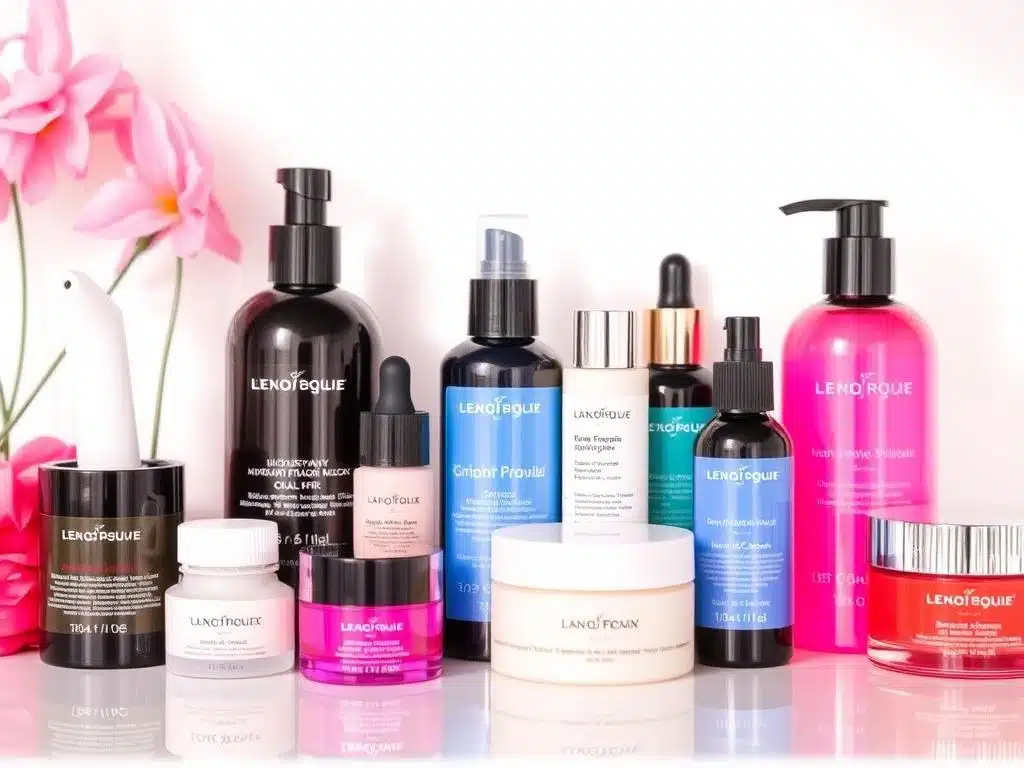
How to Source High-Quality, Profitable Cosmetic Products
Sourcing high-quality cosmetic products is essential for building a successful beauty brand and ensuring customer satisfaction. Here are some tips for online sellers:
- Identify Reputable Suppliers: Thoroughly research potential suppliers, whether they are manufacturers, wholesalers, or distributors. Look for suppliers with a proven track record, positive reviews, and certifications that demonstrate their commitment to quality and ethical practices.
- Request Samples: Before placing a large order, request samples of the cosmetic products you’re interested in. This allows you to assess the product’s quality, texture, fragrance, and overall performance firsthand.
- Verify Ingredients and Formulations: Carefully review the ingredient lists and formulation details of each product. Ensure that your products meet your standards for safety, efficacy, and alignment with your beauty brand’s values. You need to make sure that you source products that meet your standards.
- Check for Certifications: Look for certifications that indicate adherence to quality standards, such as Good Manufacturing Practices (GMP) certification, organic certifications, or cruelty-free certifications.
- Consider Minimum Order Quantities (MOQs): Be mindful of the supplier’s MOQs and whether they align with your business needs and budget.
- Negotiate Prices and Terms: Don’t be afraid to negotiate prices, payment terms, and shipping arrangements with potential suppliers.
- Build Relationships: Cultivate strong relationships with your chosen suppliers. Open communication, timely payments, and mutual respect can lead to long-term partnerships and potentially better deals.
By following these guidelines, you can increase your chances of sourcing high-quality cosmetic products that will resonate with your target audience and contribute to the success of your online business.
What are the Key Marketing Strategies for Selling Cosmetic Products Online?
Effectively marketing your cosmetic products online is crucial for driving sales and building brand awareness in a competitive beauty market. Here are some key strategies:
- High-Quality Product Photography: Invest in professional-looking, high-resolution images that accurately showcase your products’ colors, textures, and packaging. Use multiple angles and consider lifestyle shots that demonstrate the product in use.
- Detailed Product Descriptions: Write clear, concise, and compelling product descriptions that highlight the unique features, benefits, and key ingredients of each cosmetic product. Use persuasive language and address the specific needs and desires of your target audience. You need to ensure that your products are presented well.
- Social Media Marketing: Leverage the power of social media platforms like Instagram, Facebook, TikTok, and Pinterest to showcase your products, engage with your audience, and build a community around your beauty brand. Use a mix of visually appealing content, including photos, videos, tutorials, and behind-the-scenes glimpses.
- Influencer Marketing: Collaborate with beauty influencers who align with your brand values and target audience. Influencer marketing can be an effective way to reach a wider audience, generate authentic product reviews, and build credibility.
- Email Marketing: Build an email list and use it to promote new products, offer exclusive discounts, share beauty tips and tutorials, and nurture relationships with your customers.
- Content Marketing: Create valuable and informative content related to beauty, skincare, and makeup. This could include blog posts, articles, videos, or even a podcast. This can help establish your brand as an authority in the beauty industry and attract organic traffic to your online store.
- Paid Advertising: Consider investing in paid advertising on platforms like Google, Facebook, and Instagram to reach a wider audience and drive targeted traffic to your online store.
- Search Engine Optimization (SEO): Optimize your website and product listings for relevant keywords to improve your search engine rankings and make it easier for potential customers to find your products.
- Customer Reviews and Testimonials: Encourage satisfied customers to leave reviews and testimonials on your website and other online platforms. Positive reviews can build trust and social proof, influencing purchasing decisions.
By implementing a comprehensive marketing strategy that incorporates these elements, you can effectively promote your cosmetic products online and drive sales.
Choosing the Best Online Platform for Your Cosmetic Brand
Selecting the right product and online platform is critical for the success of your cosmetic business. You have several options, each with its own set of advantages and disadvantages:
- Your Own E-commerce Website: Building your own e-commerce website using platforms like Shopify, WooCommerce, or Squarespace gives you complete control over your beauty brand’s image, customer experience, and data. However, it also requires more technical expertise, marketing effort, and upfront investment.
- Online Marketplaces: Selling on established online marketplaces like Amazon, Etsy, or eBay can provide access to a large existing customer base and built-in traffic. However, you’ll face more competition and have less control over branding and the online shopping experience. You will also have to pay fees to the online marketplace.
- Social Media Platforms: Platforms like Instagram and Facebook now offer integrated shopping features, allowing you to sell directly to your followers. This can be a good option for smaller brands or those with a strong social media presence.
When choosing the best online platform, consider the following factors: Target Audience: Where do your ideal customers shop online? Budget: How much can you afford to invest in website development, platform fees, and marketing? Technical Skills: Do you have the technical expertise to build and manage your own website, or would you prefer a more user-friendly platform? Branding and Control: How important is it to have complete control over your beauty brand’s image and customer experience? *Competition: How competitive is your chosen niche on different platforms? You may also choose to use a combination of platforms to maximize your reach and sales potential. For example, you could have your own e-commerce website as your primary sales channel and also sell on a marketplace like Amazon to reach a broader audience. This can be a good way to sell makeup and other products.
What are the Challenges of Selling Cosmetic Products Online and How to Overcome Them?
Selling cosmetic products online presents unique challenges that online sellers need to address. One major challenge is the inability for customers to physically test the products before purchasing. Unlike in a physical store, online shoppers can’t swatch a foundation, try on a lipstick, or smell a perfume before buying. This can lead to uncertainty and hesitation among potential customers. You need to find a way to show your customers that your products are high-quality.
To overcome this challenge, online sellers should provide detailed and accurate product information, including high-quality images, videos, and comprehensive descriptions. Cosmetic companies should ensure that your products are presented in the best way possible. Offering virtual try-on tools, shade-matching quizzes, or personalized recommendations based on customer profiles can also help bridge the gap between the online and offline shopping experience. Building trust through customer reviews, testimonials, and social proof is crucial for online success. You need to ensure that your products are presented well.
Another challenge is the intense competition in the online beauty market. With numerous cosmetic brands and retailers vying for customers’ attention, standing out from the crowd can be difficult. Online sellers need to differentiate themselves through unique product offerings, strong branding, effective marketing, and exceptional customer service. Cosmetic products are sold by many different brands. Building a loyal customer base through personalized experiences, loyalty programs, and engaging content can also help online sellers thrive in this competitive landscape.
Conclusion
The beauty industry offers a wealth of opportunities for entrepreneurs and online sellers looking to capitalize on the growing demand for cosmetic products. By understanding what makes a cosmetic product profitable to sell online, staying on top of industry trends, and implementing effective marketing strategies, you can increase your chances of success in this dynamic market. Whether you choose to focus on skincare, makeup, hair care, or other niches, the key is to offer high-quality products that meet the needs and desires of your target audience.
10 Most Important Things to Remember About Selling Profitable Cosmetic Products Online
- Skincare products, especially those with anti-aging or problem-solving benefits, tend to be highly profitable due to consistent consumer demand.
- Sustainable and eco-friendly products are gaining significant traction in 2024, making them a profitable choice for online sellers.
- Clean beauty products, formulated without potentially harmful ingredients, are in high demand.
- Personalized and customizable cosmetic products are becoming increasingly popular and can command premium prices.
- Selling online offers advantages like wider reach, lower overhead, and 24/7 availability compared to traditional retail.
- Sourcing high-quality products from reputable suppliers is crucial for building a successful beauty brand.
- Effective marketing strategies for selling cosmetic products online include high-quality product photography, detailed descriptions, social media marketing, influencer collaborations, and content marketing.
- Choosing the right online platform (e.g., your own website, online marketplaces, or social media) depends on your target audience, budget, technical skills, and branding goals.
- Challenges of selling cosmetic products online include the inability for customers to physically test products and intense competition.
- Staying informed about industry trends, such as the rise of waterless beauty and hybrid skincare-makeup products, can help you identify profitable opportunities.
By keeping these key takeaways in mind and staying adaptable in the ever-evolving beauty industry, you can increase your chances of success in the exciting world of online beauty sales. The cosmetics industry is constantly changing, and it is important to stay up-to-date on the latest trends.
Comments

What Is Bath Mousse Used For?
Ever wondered what bath mousse is used for and how it can elevate your shower routine?
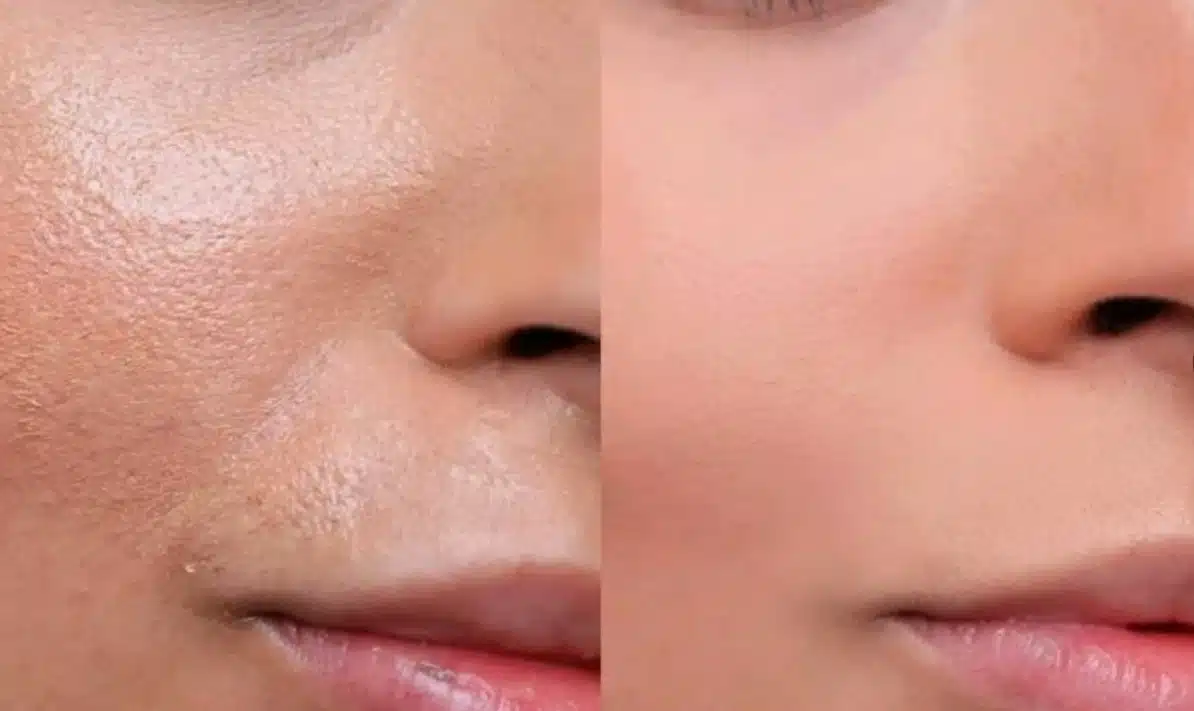
What Is The Difference Between Foundation And Liquid Foundation?
Confused about choosing between powder and liquid foundation?
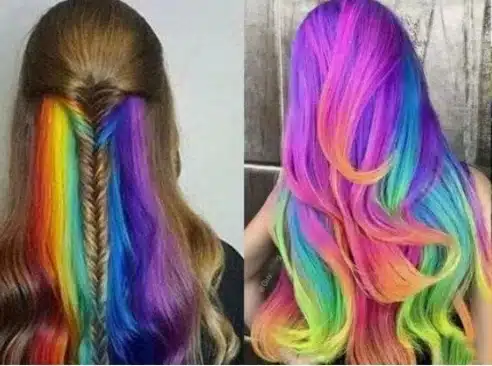
How Does Temporary Hair Color Spray Work?
Ever wanted to change your hair color without the commitment?
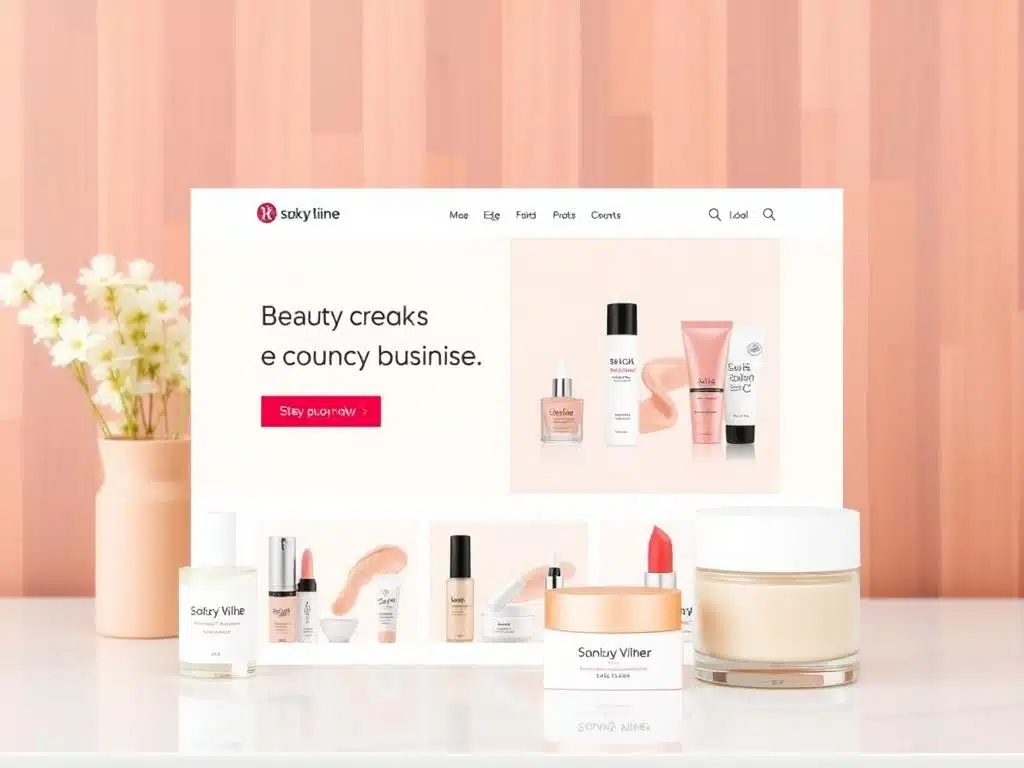
How To Start An Ecommerce Beauty Business?
The beauty industry is booming, and the rise of ecommerce has opened up unprecedented opportunities for aspiring entrepreneurs.

Is It Good To Put Oil In Your Hair Every Day?
Ever wondered if applying hair oil is truly beneficial?
- +86 151 1839 7303
- [email protected]
- Mon-Sun 07:00-23:00
Tags

How to Choose a Reliable Cosmetic OEM Manufacturer in China?
How to Pick a Good Makeup Maker in China: A Guide for You.
You possess a concept.
A new face cream. A new hair spray. A new nail color.
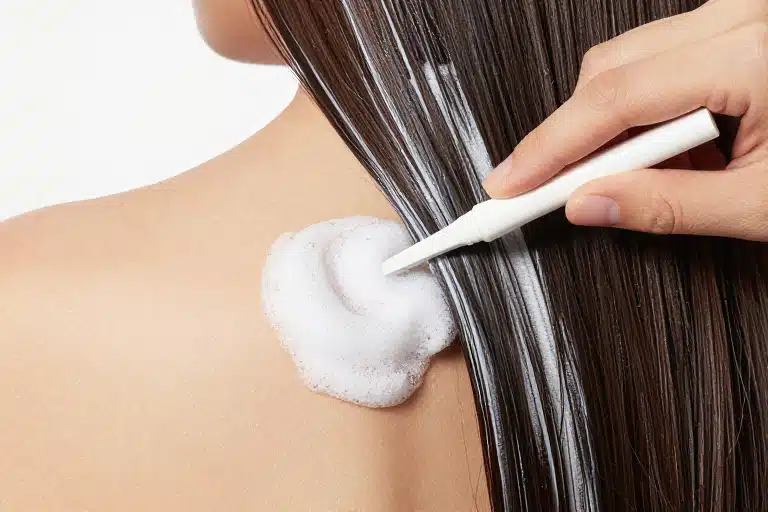
How to Get Hair Dye Off Skin: The Only Guide You Need
Picture this.
You just dyed your hair. You used a new color. It looks great. Your hair shines. You feel happy. You feel like a new person.

How Often Should You Wash Your Hair? The Ultimate Guide
The alarm rings.
You wake up. You stretch. You walk to the mirror.
You look at your hair.

